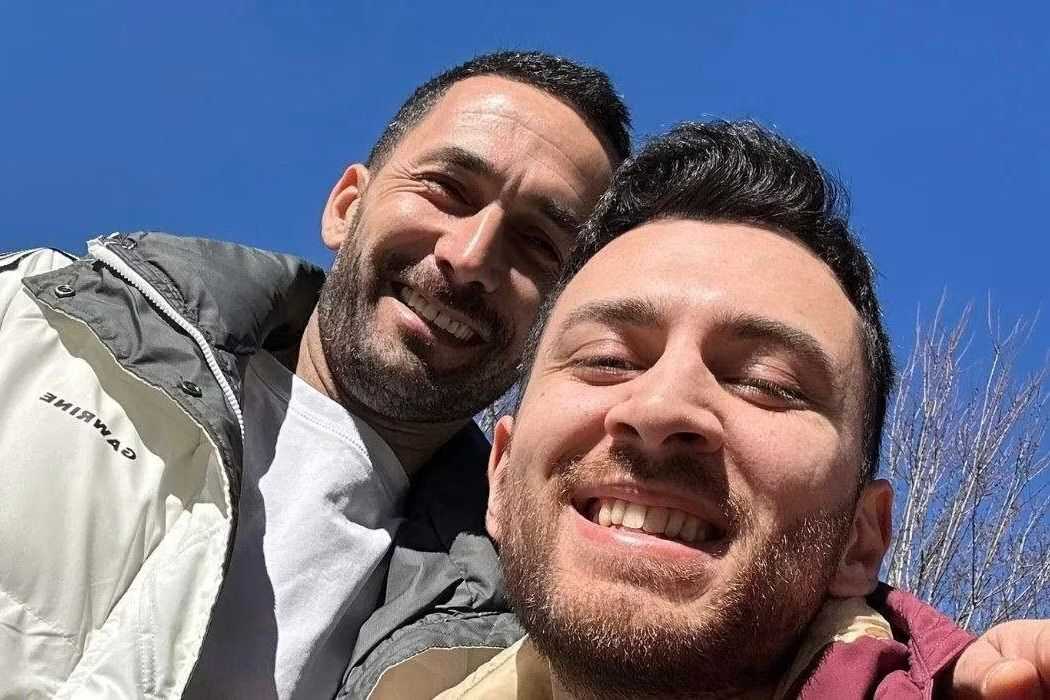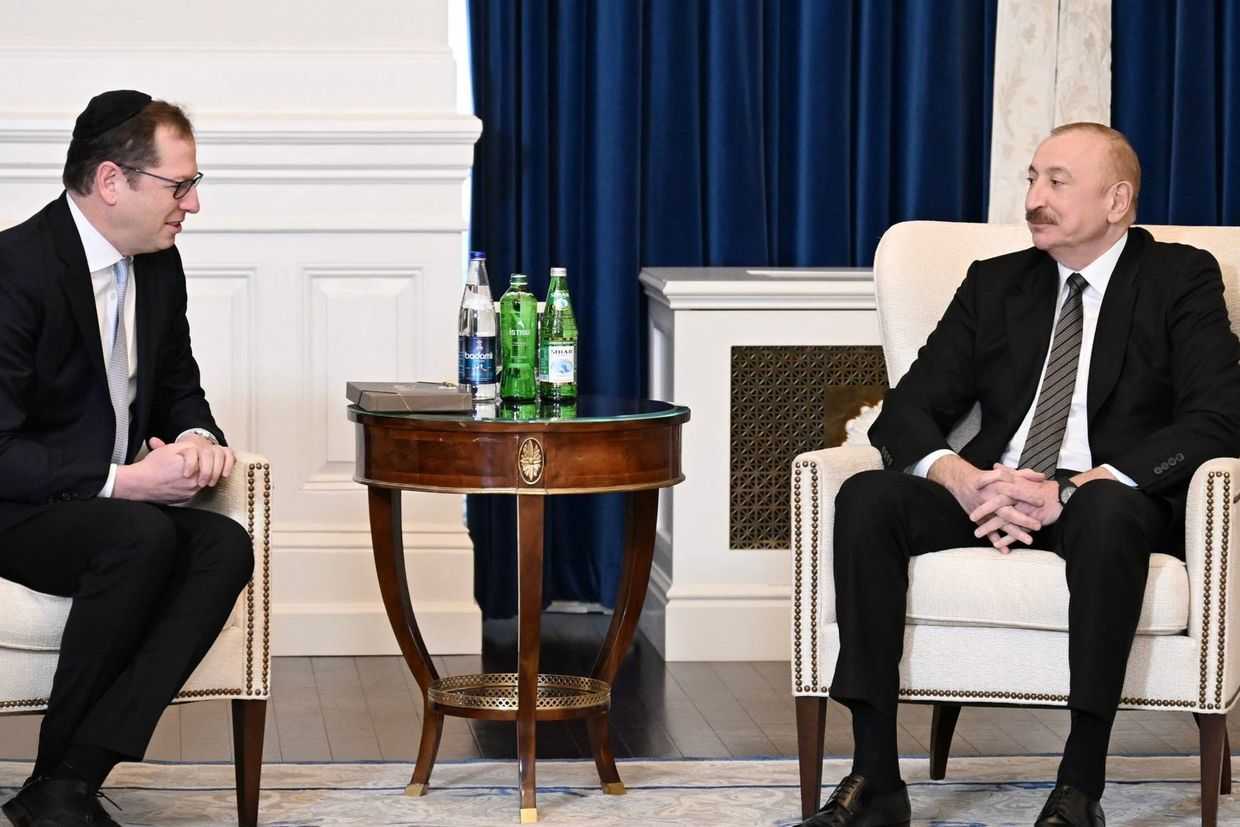
In response to a question from famed Ukrainian television host Dmytro Gordon at a media forum on Saturday, Azerbaijani President Ilham Aliyev advised Ukrainians ‘never to come to terms with occupation’.
Aliyev’s remarks came in response to Gordon’s question: ‘What advice could you, as the leader of a victorious nation, give to Ukraine and Ukrainians?’.
He then cited Azerbaijan’s own experience of conflict with Armenia over Nagorno-Karabakh, highlighting Baku’s defeat in the First Nagorno-Karabakh War in the 1990s.
Describing how Azerbaijan rebuilt its military while engaging in diplomacy, Aliyev emphasised that he had never given up on achieving victory, and encouraged Ukraine to do the same.
‘Never give up and never come to terms with the violation of territorial integrity’, Aliyev said.
Azerbaijan has consistently been supportive of Ukraine since the beginning of Russia’s full-scale invasion in 2022, but pro-Kyiv sentiment has grown significantly as Baku’s own relations with Moscow have soured over the past year.
The deterioration of ties can be linked to the deadly crash of an Azerbaijan Airlines flight in December 2024, which Baku has blamed on Russian air defence, as well as the deaths of two ethnic Azerbaijanis during a Russian police raid in Yekaterinburg in June 2025.
Since the Yekaterinburg incident, Azerbaijan has become increasingly critical of Russia, among other retaliatory measures, including the repeated characterisation in Azerbaijani media of Russia’s military actions in Ukraine as being genocidal. The sentiment has not been received well in Russia, which has escalated its own rhetoric against Azerbaijan. In response, the staunchly pro-government Russian media outlet Tsargrad pushed theories that the Azerbaijani diaspora helped Ukrainian intelligence carry out the so-called ‘Operation Spiderweb’, when drones struck Russian long-range bombers thousands of kilometres from the Ukrainian border.
Aliyev’s advice to Ukraine was characterised by some Russian propagandists as being provocative to Russia, with some saying it was ‘poking the bear’.
During the same media forum that began on 19 July, a Ukrainian journalist gifted Aliyev a set of military patches, prompting outrage in Moscow.
This is President Aliyev receiving Banderite military patches today, and urging Ukraine to "stay the course."
— Margarita Simonyan (@M_Simonyan) July 20, 2025
His international curators must be pleased at the speed of his conversion to the Western cause.
At this rate Mr Aliyev will be giving lectures on Azeri LGBT rights and… pic.twitter.com/L8f0yk7ddu
Nonetheless, Baku appears to be undeterred by the rising anger from Moscow, as it continues to press Russia on the issues of the plane crash and the detentions of Azerbaijanis in Russia.
For ease of reading, we choose not to use qualifiers such as ‘de facto’, ‘unrecognised’, or ‘partially recognised’ when discussing institutions or political positions within Abkhazia, Nagorno-Karabakh, and South Ossetia. This does not imply a position on their status.











